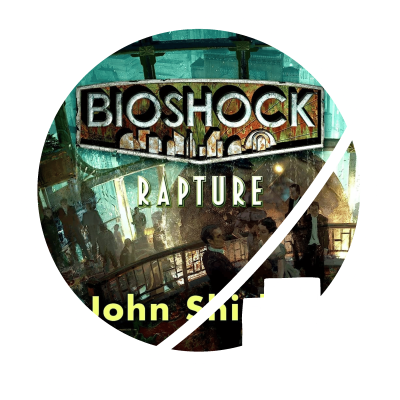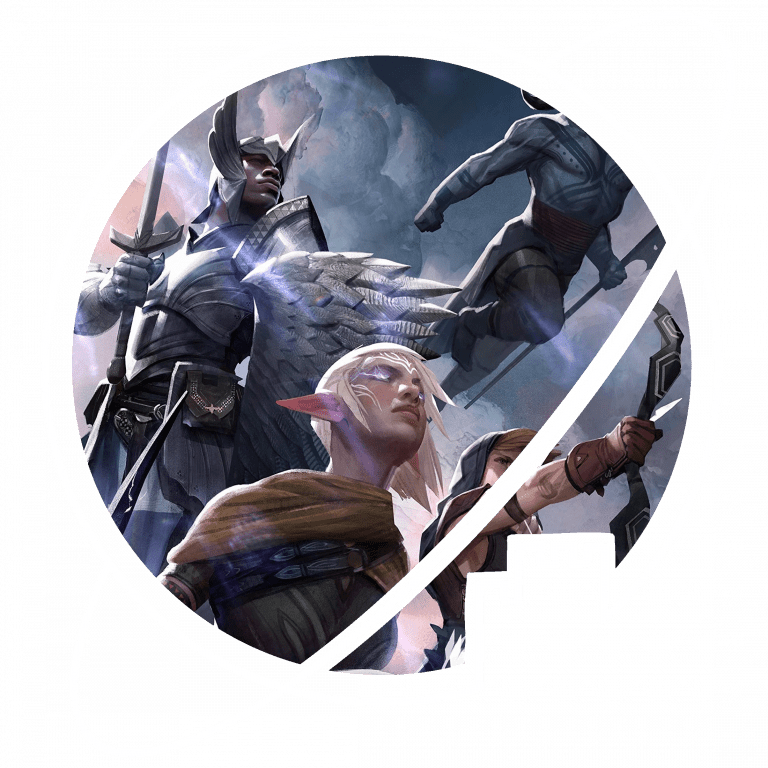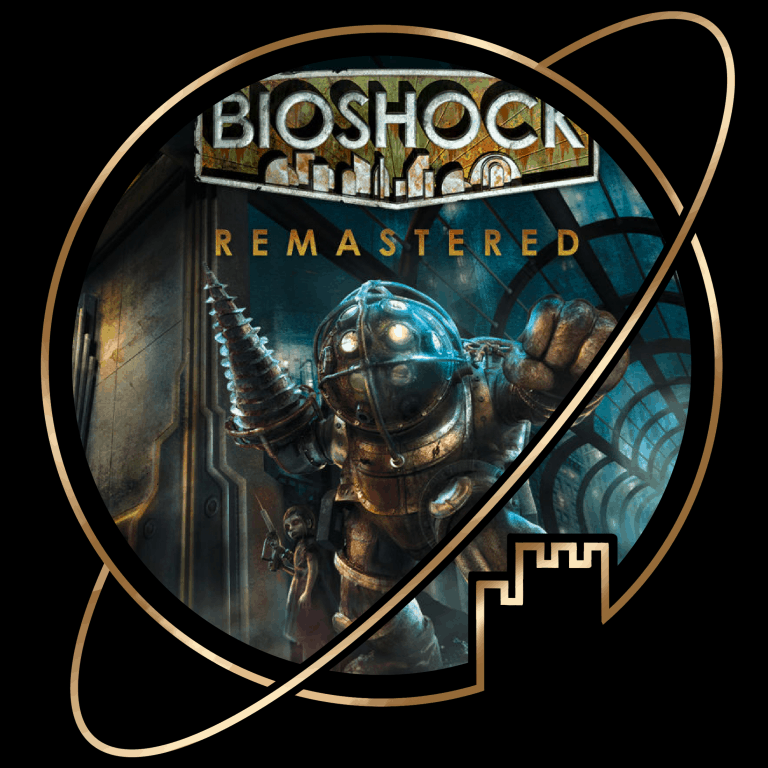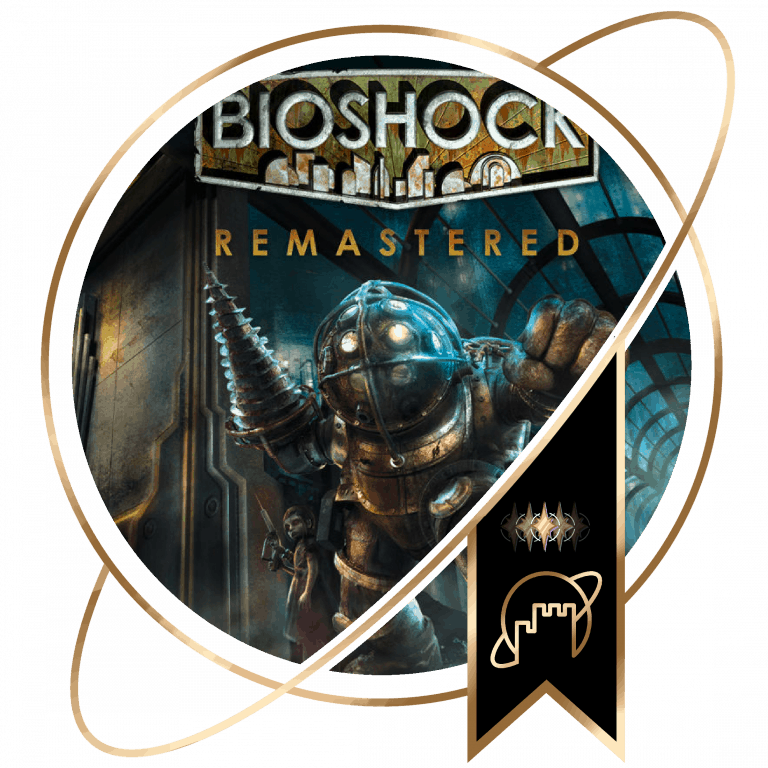- Book written by John Shirley
- Published 19 July 2011
- Prequel to the BioShock-series

Listened to the audiobook with Jeffrey Kafer. Narrator was so-so.
When I originally played BioShock, it was one of the coolest games I’d ever played – and to date, it certainly remains one of the most imaginative worlds I’ve ever had the pleasure to digitally visit. So when BioShock: Rapture popped up as a new addition in my audiobook app, I was immediately tempted.
Now, I know that video game tie-in novels have a terrible reputation (probably an even worse reputation than video game adaptations of blockbuster movies!), but given the great storytelling in BioShock, I figured I’d give it a go anyways.
BioShock: Rapture is a prequel to the BioShock video game, in which the city of Rapture has descended into chaos by the first time you visit it. The novel tells the story of Rapture’s origin, and so it gives you a peek of what the city was like before everything went to hell. A small window on the potential of Andrew Ryan (the city’s founder and main financier)’s great vision.
However, the reader never gets to spend much time in a flourishing Rapture, because extreme right-wing ideology puts the underwater city’s social structure under just as much pressure as the 6.000 feet of ocean water weighing down on its domes and pipes.
Shirley did a good job of capturing the game’s themes and political message. Unfortunately, there is just not a lot of tension in the book for anyone who played the video game: you know exactly where the story will end up; and even most of the novel’s main characters are taken directly from the video game. BioShock has phenomenal environmental storytelling, with little tid bits and audiotapes dropped everywhere to tell a story of a desperate population and a city in decay. It was one of the elements of the game I enjoyed most. As a result, the novel brought me hardly anything new. It makes me wonder whether reading it without having played the game might make for a completely different experience.
My guess is that a lot of elements in the book would be rather confusing. Video games operate under different rules than other stories: you have respawn points, mana bars for your ‘magical’ powers, teleportation and other weird abilities. In the game, there is always some level of ‘ludo-narrative disconnect’ in which the player accepts that certain elements of the world exist because of gameplay reasons and understands that they are not supposed to question them too deeply.
Shirley has made an effort (and who knows, he may have been contractually required) to include every. single. one. of the game’s outlandish ‘magical’ powers, every location and character, every weird technology. Frankly, it feels pretty forced, and makes me believe that the novel would have benefitted from a slightly more liberal interpretation of its source material.
That might also have opened up some more room for elements which I would have loved to receive more attention, such as developing the characters, exploring the day-to-day lives of Rapture’s inhabitants, and Rapture’s relations with the rest of the world.
At the end of the day, though, I think I should probably not hold BioShock: Rapture up to the same standard that I would a stand alone novel. It is intended to evoke recognition in folks who played the game, and to underline the game’s political message. It does so very well. And for a video game tie in novel, BioShock: Rapture exceeds expectations.
On a side note, Shirley is an interesting writer – I’d never heard of him before picking up Rapture, but after some googling I see that he has a long service record, including a long list of video game- and other franchise tie-in novels, screenwriting credits and praise from the likes of William Gibson and Roger Zelazny. It just seems he’s never quite managed to get his work to surface in the mainstream.









